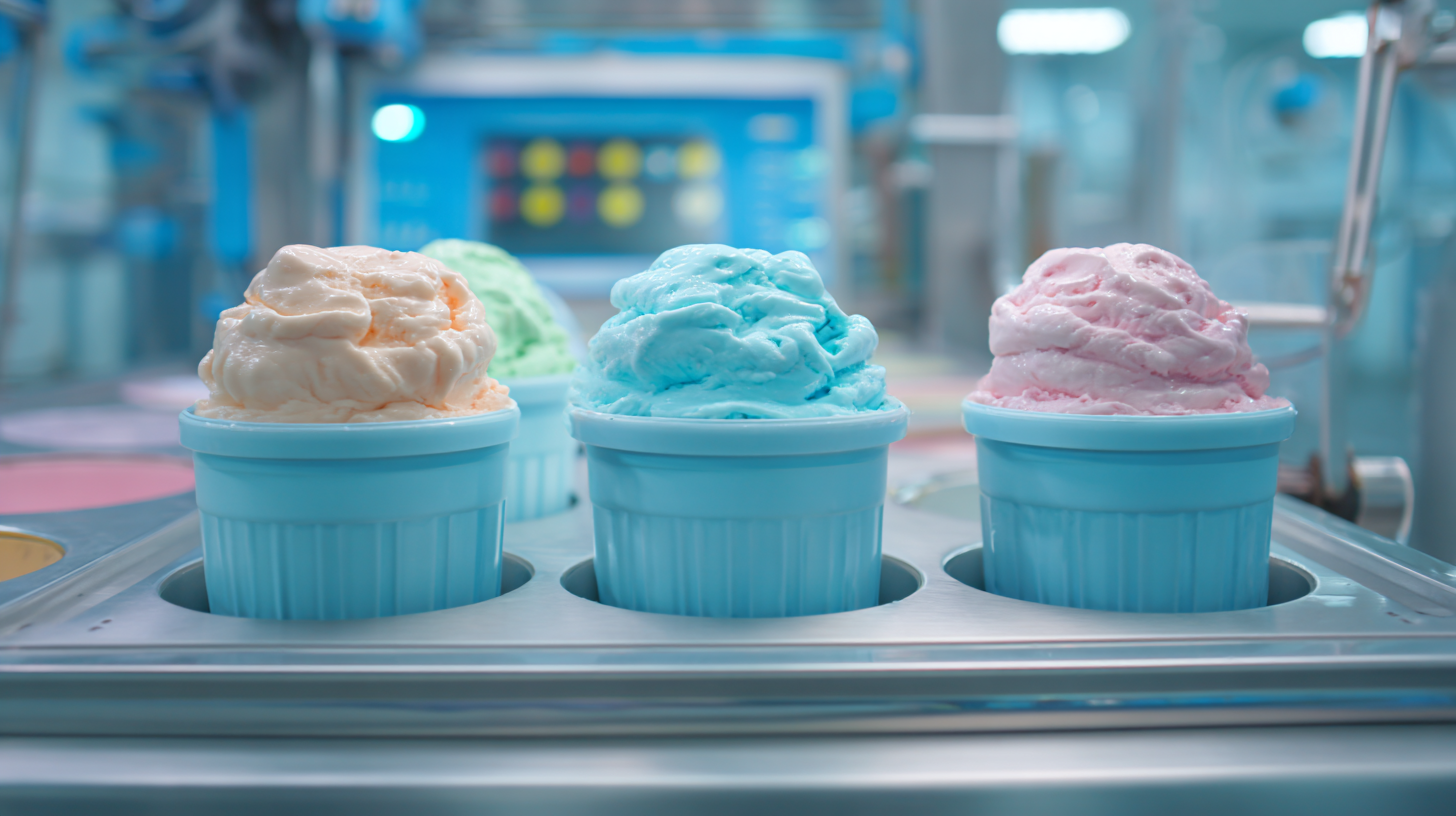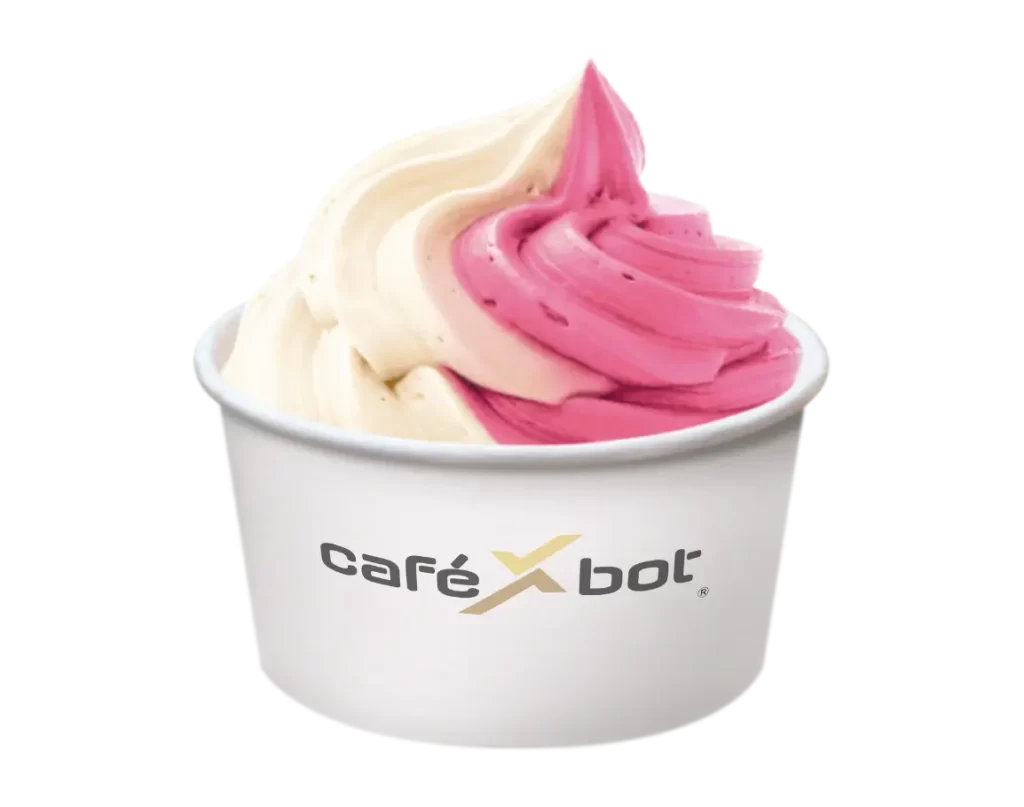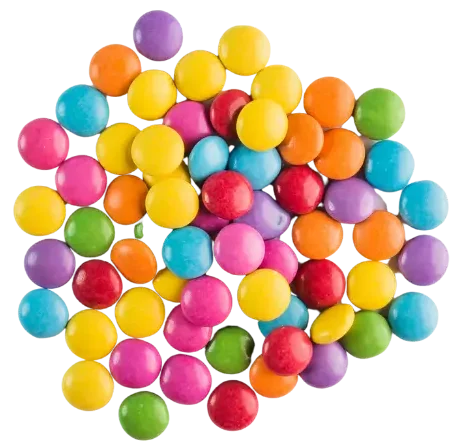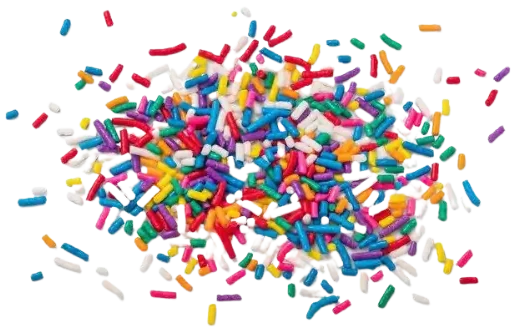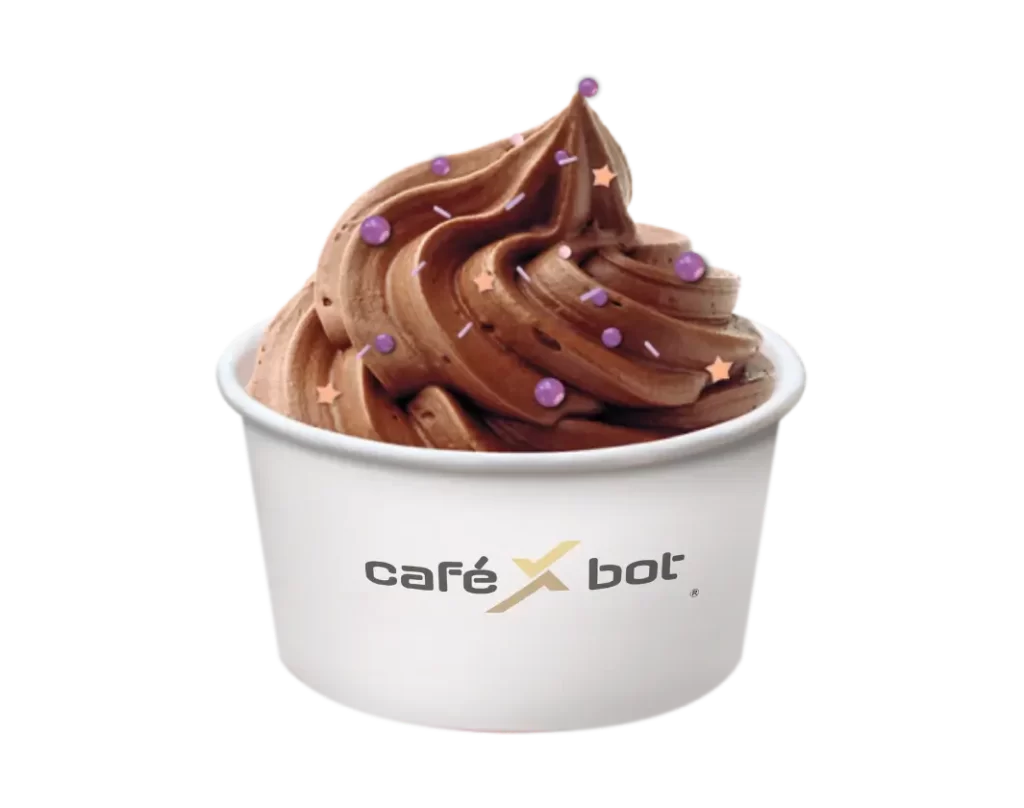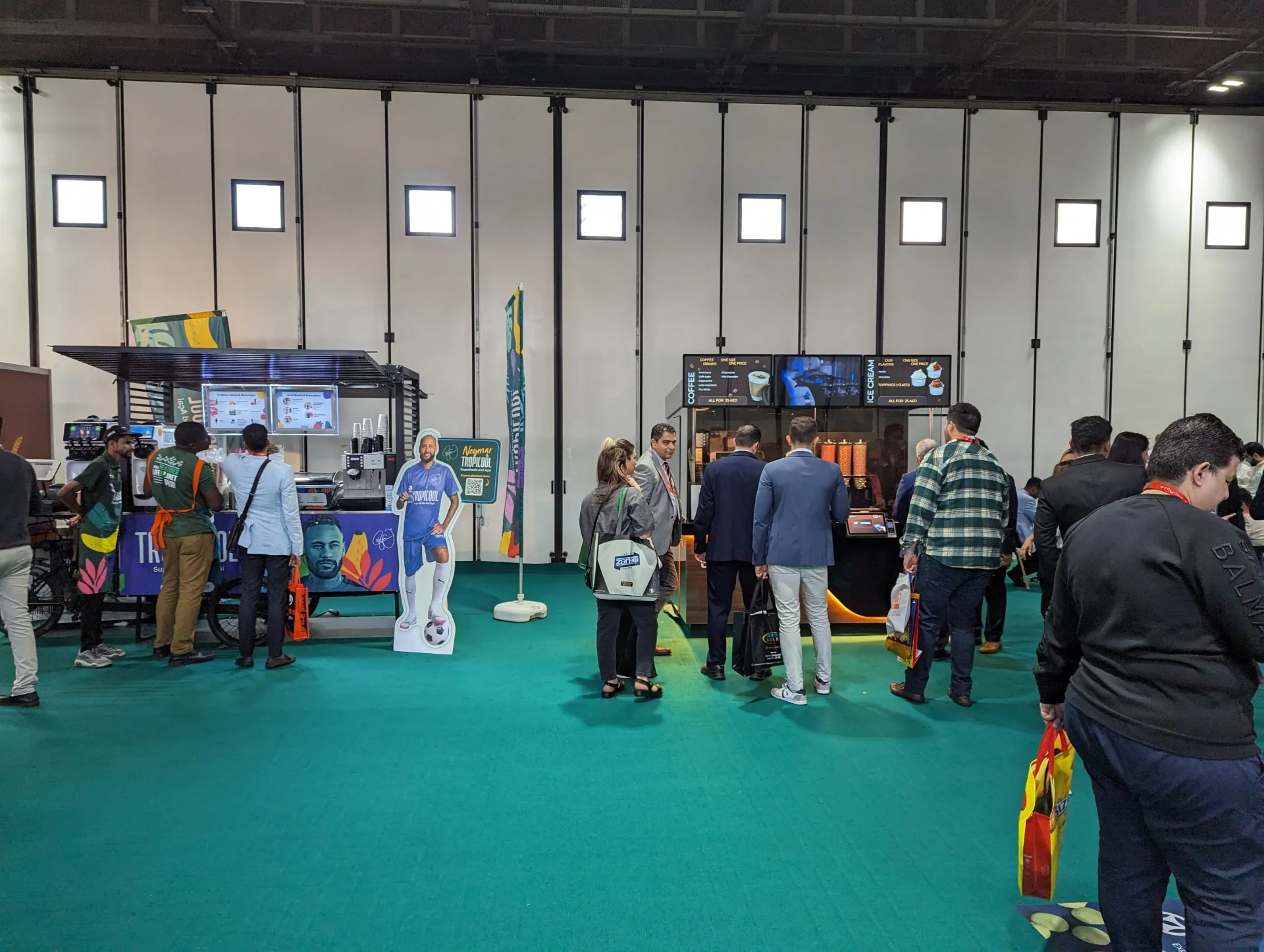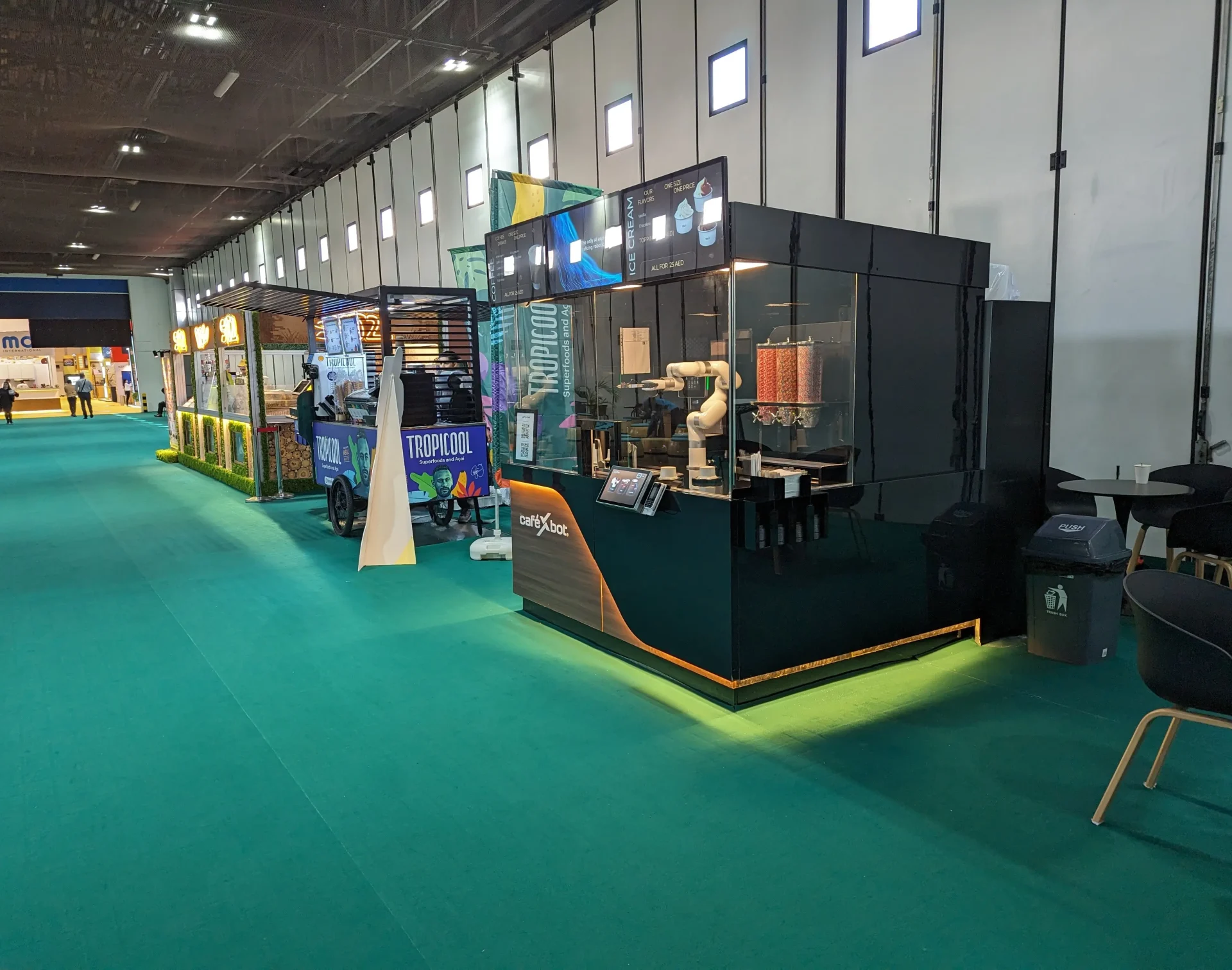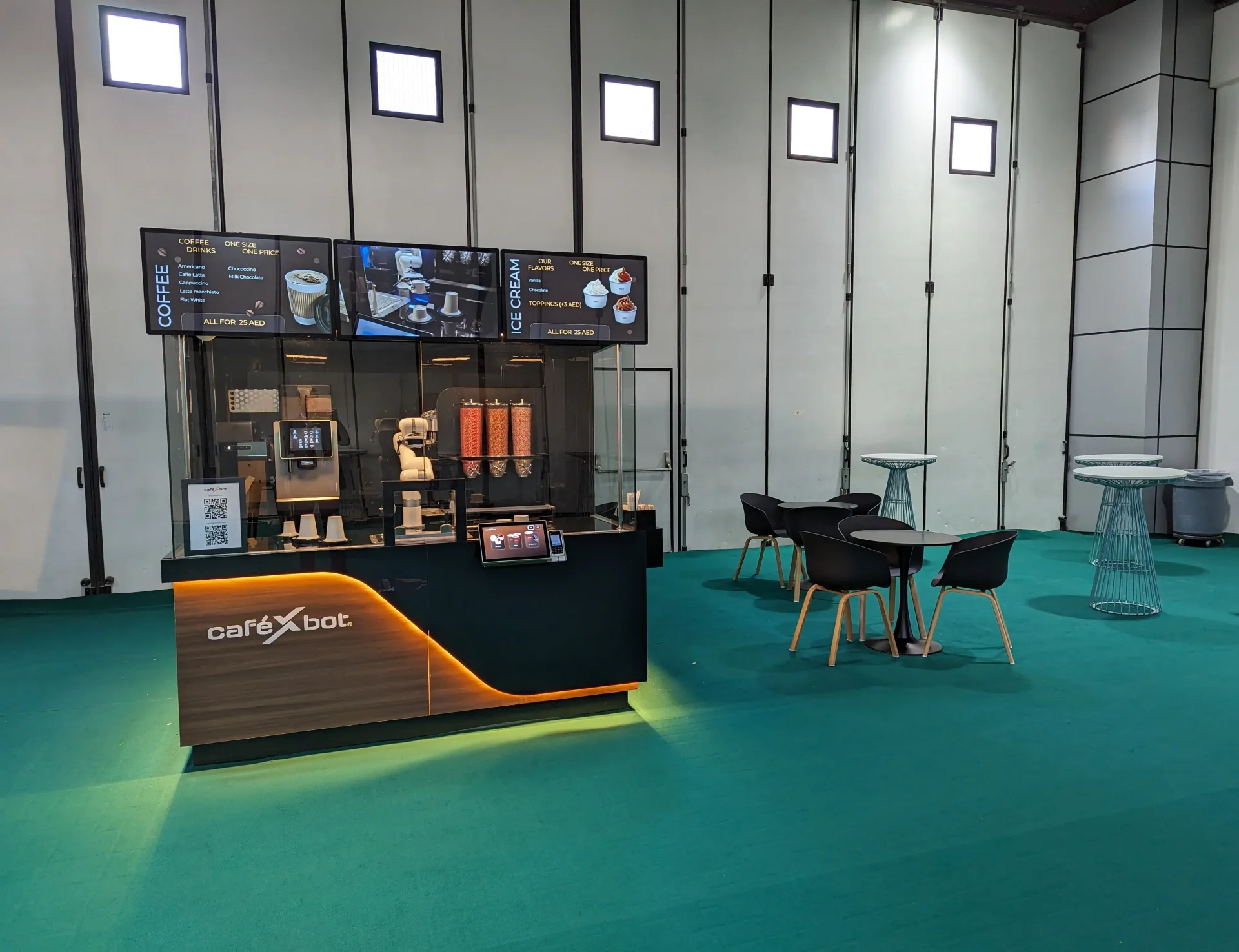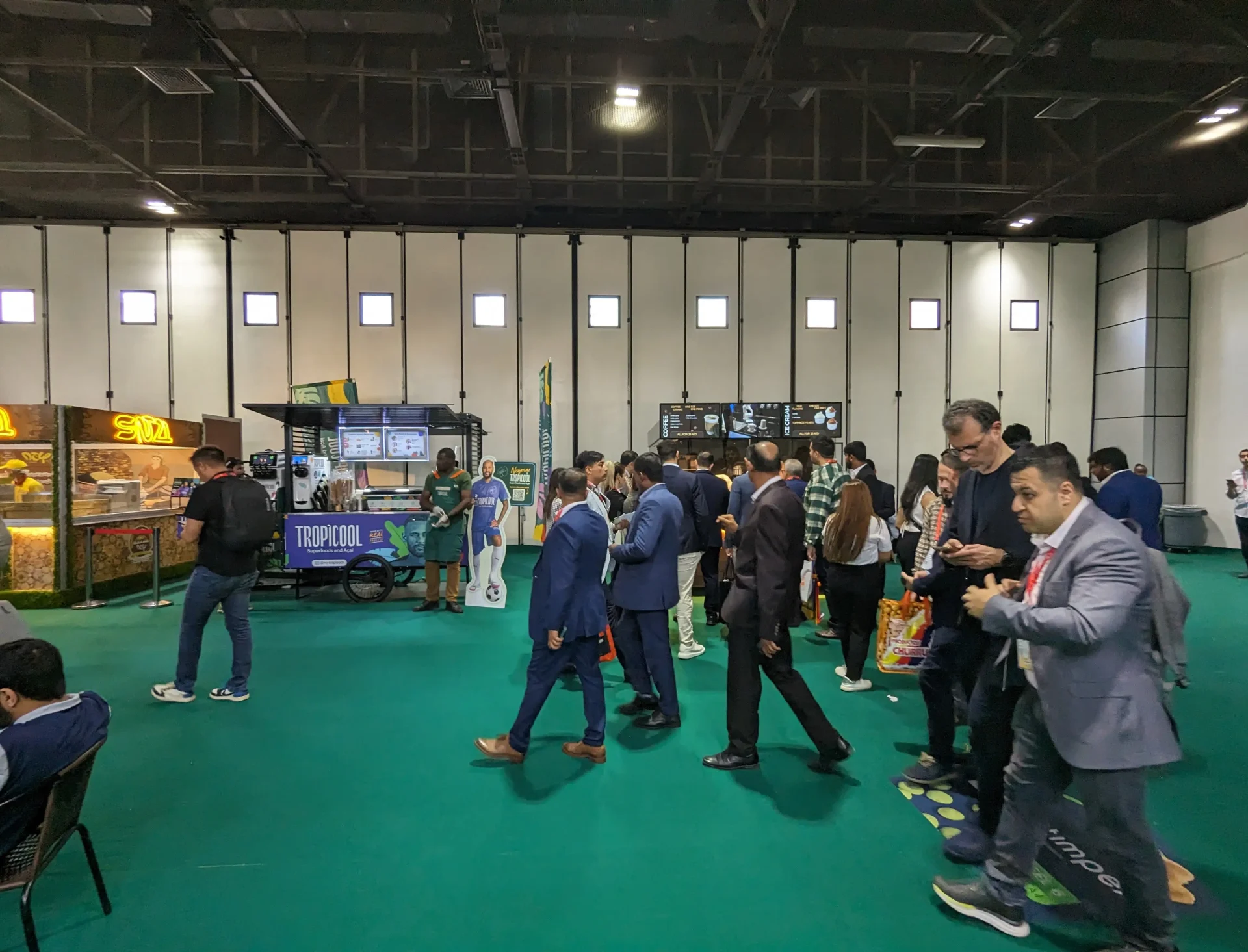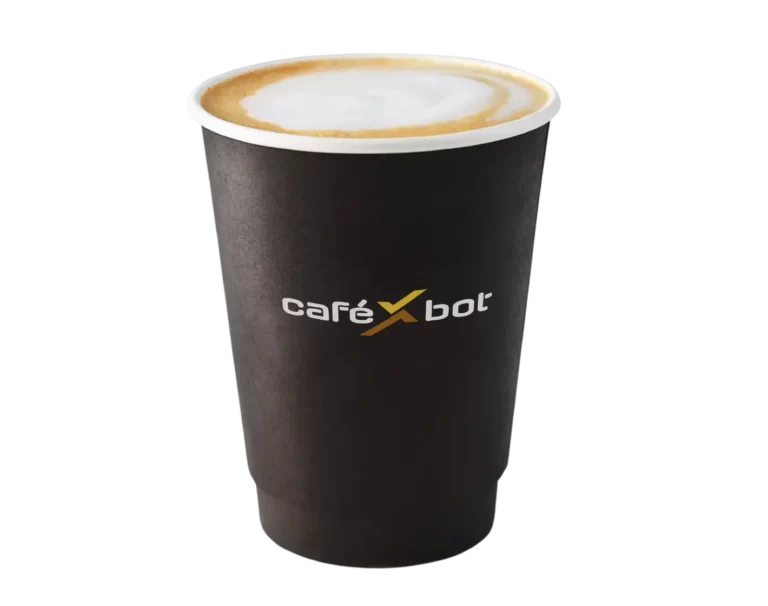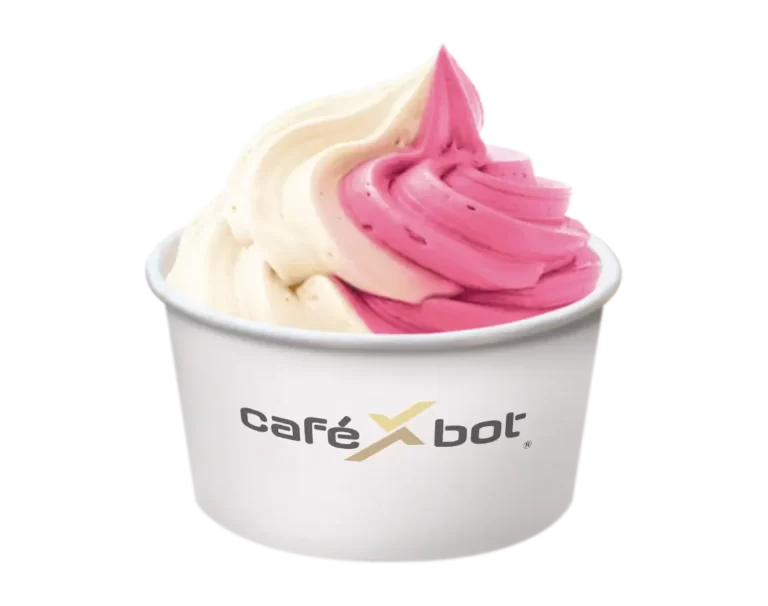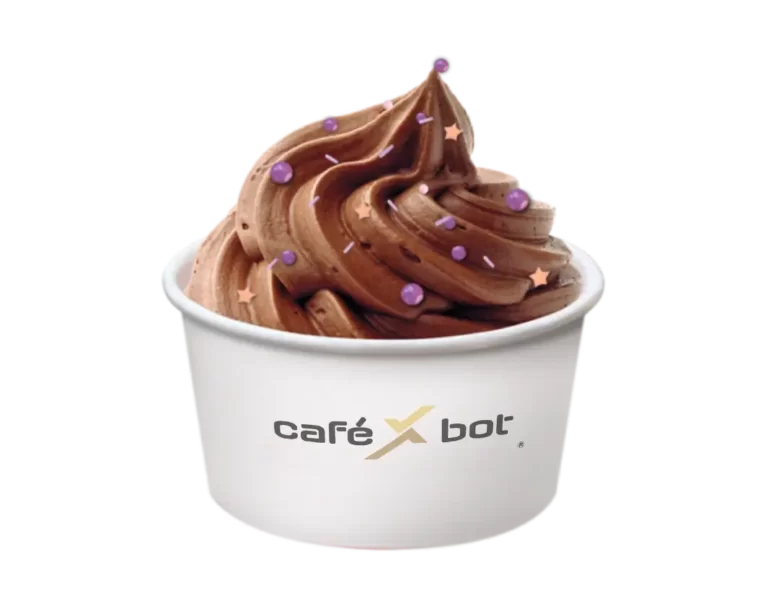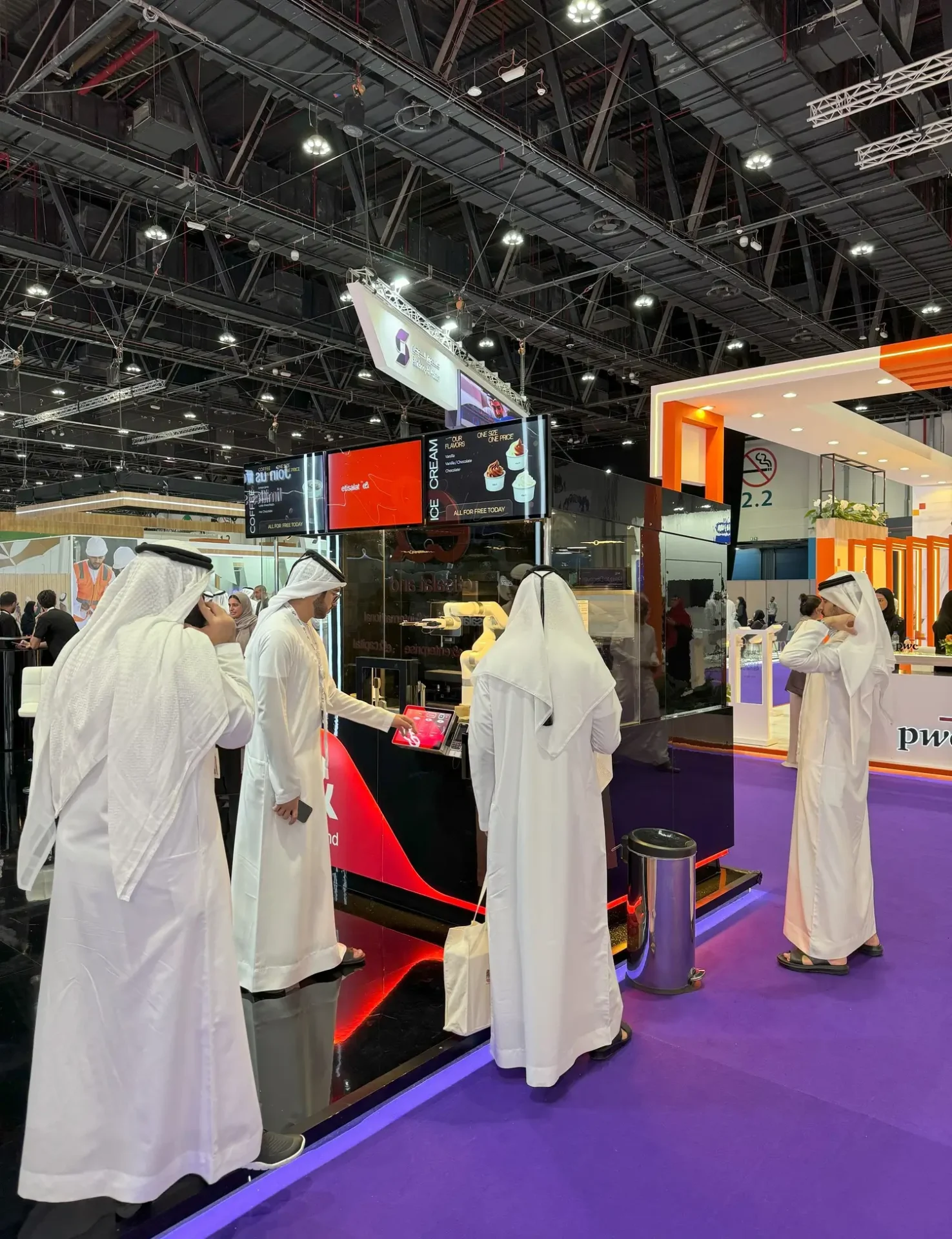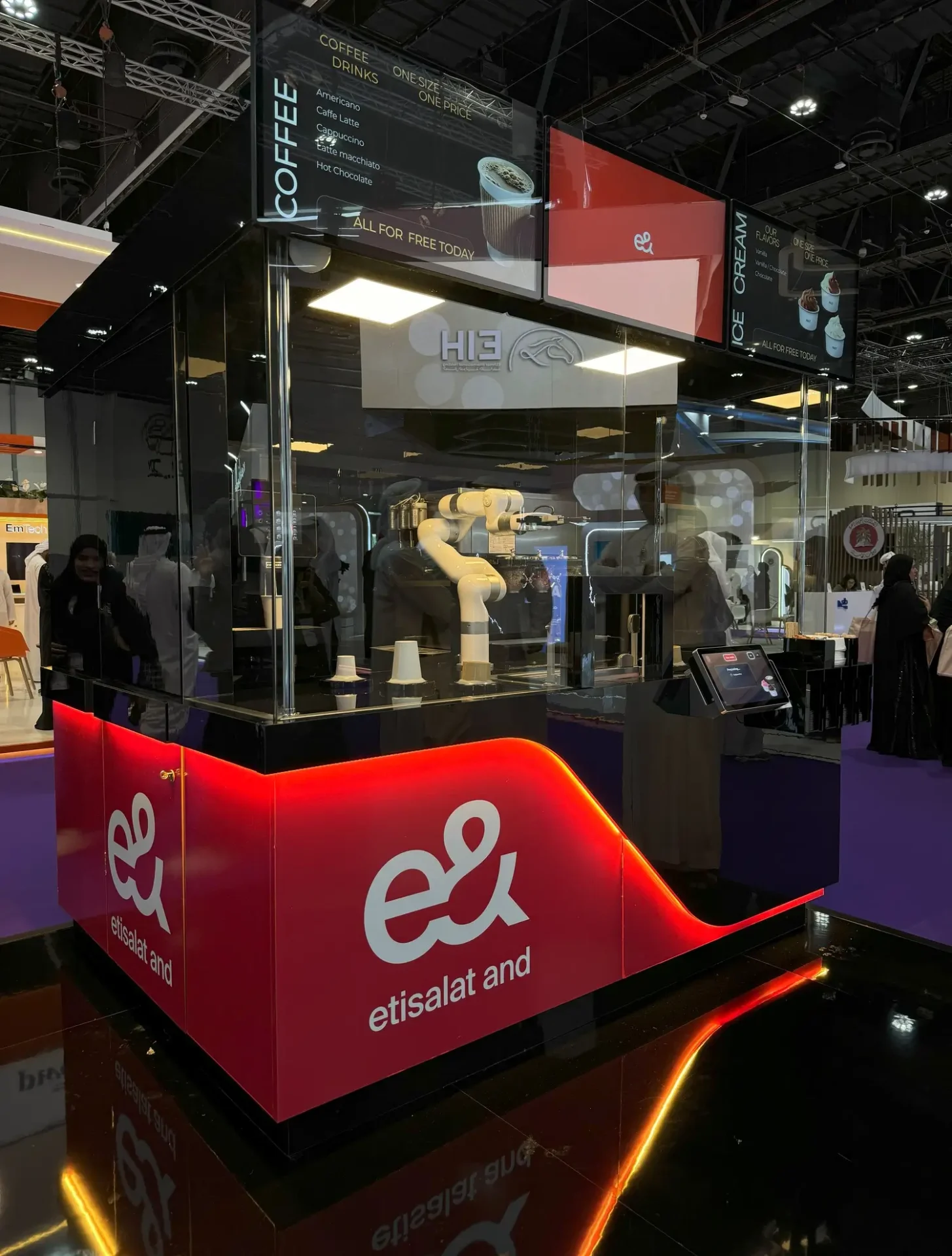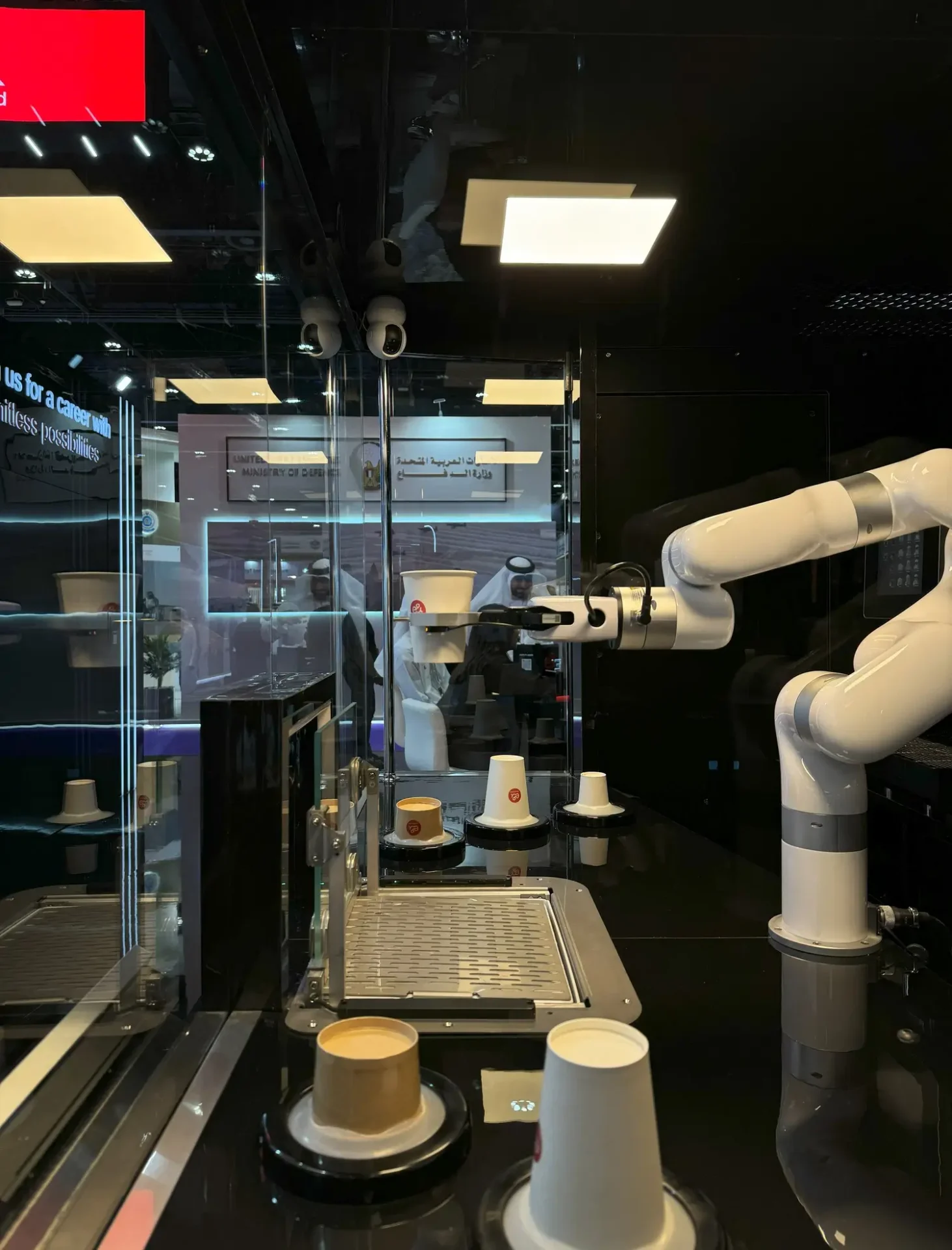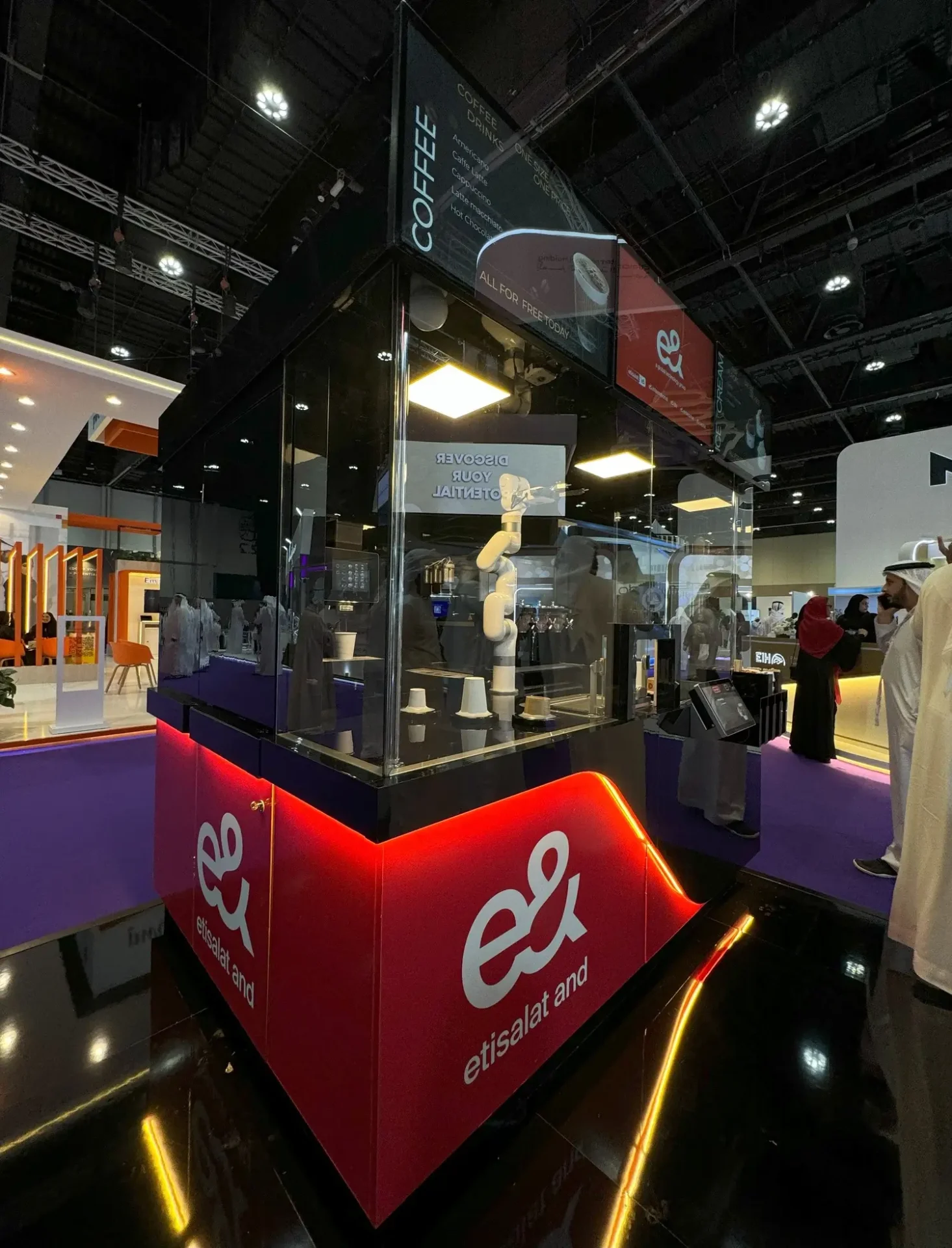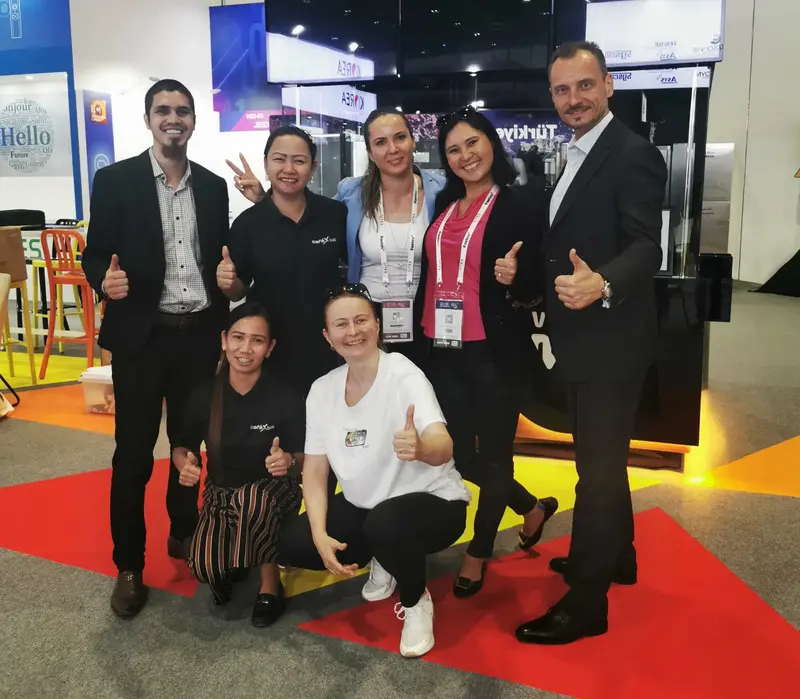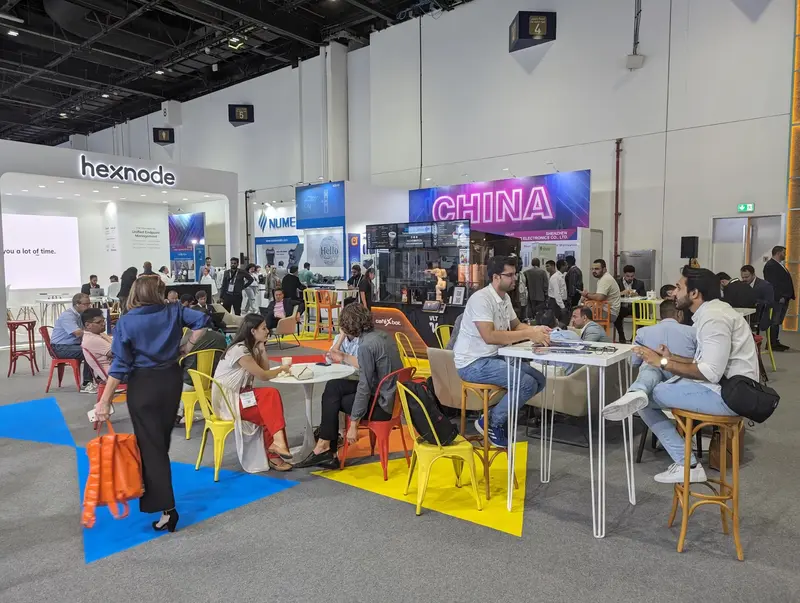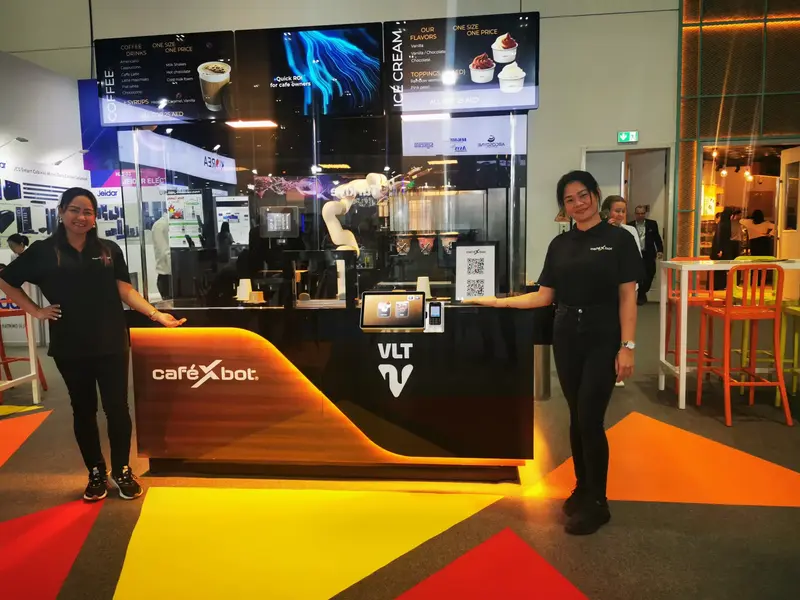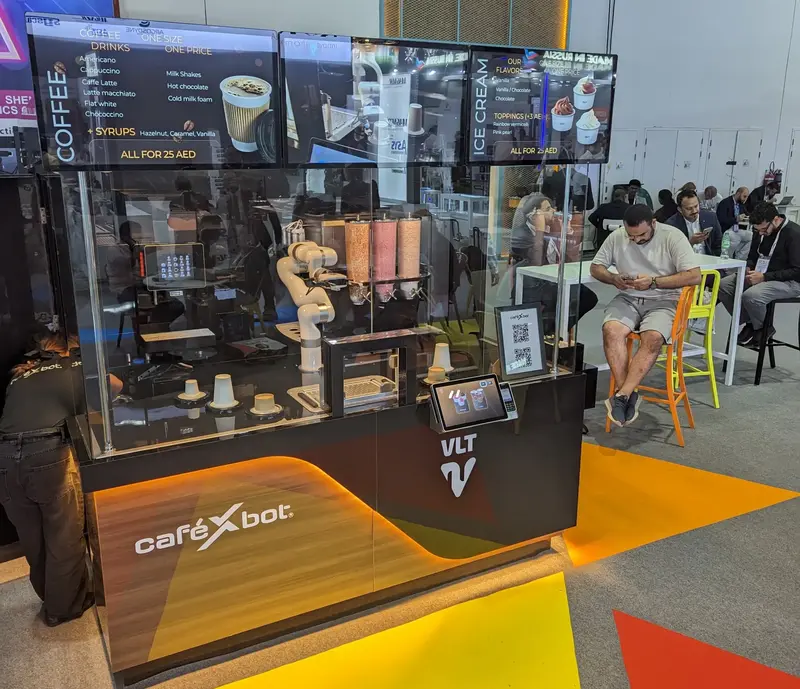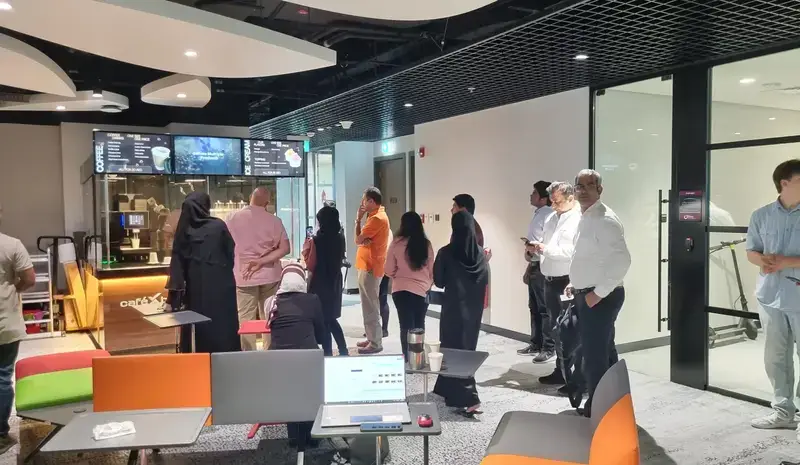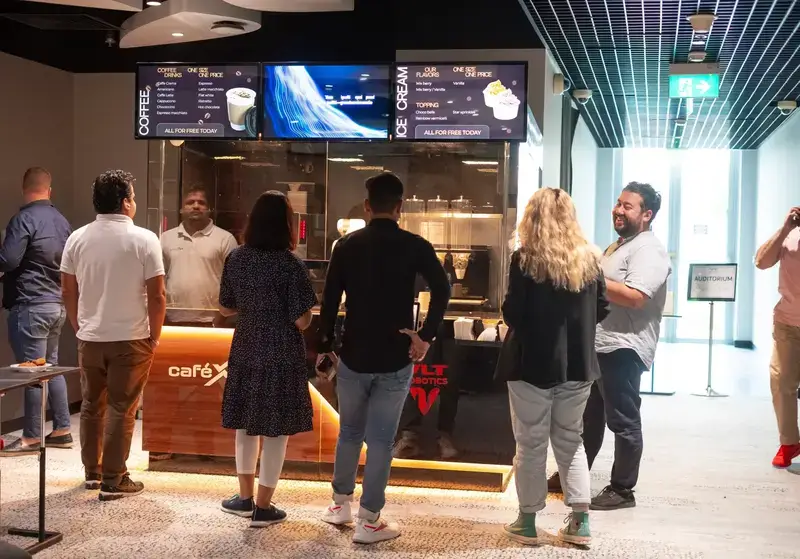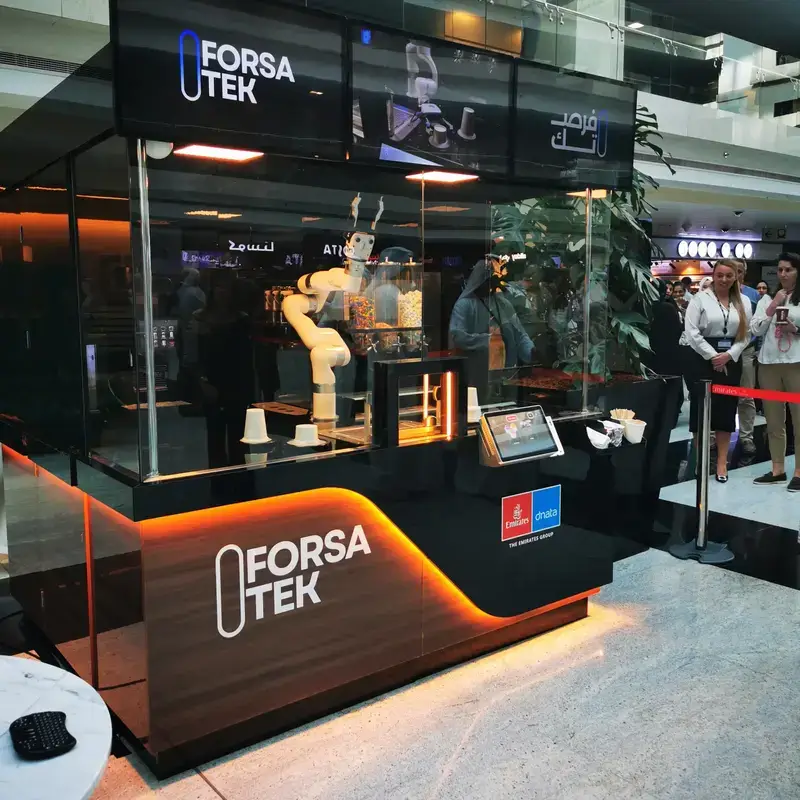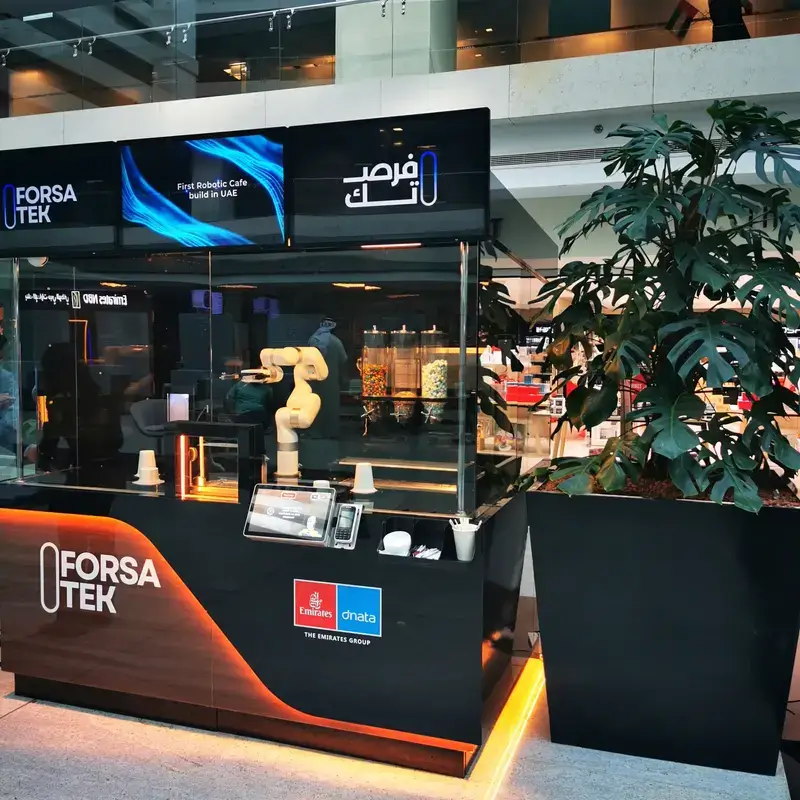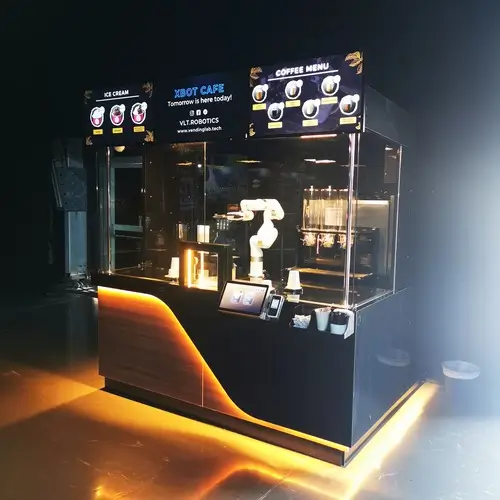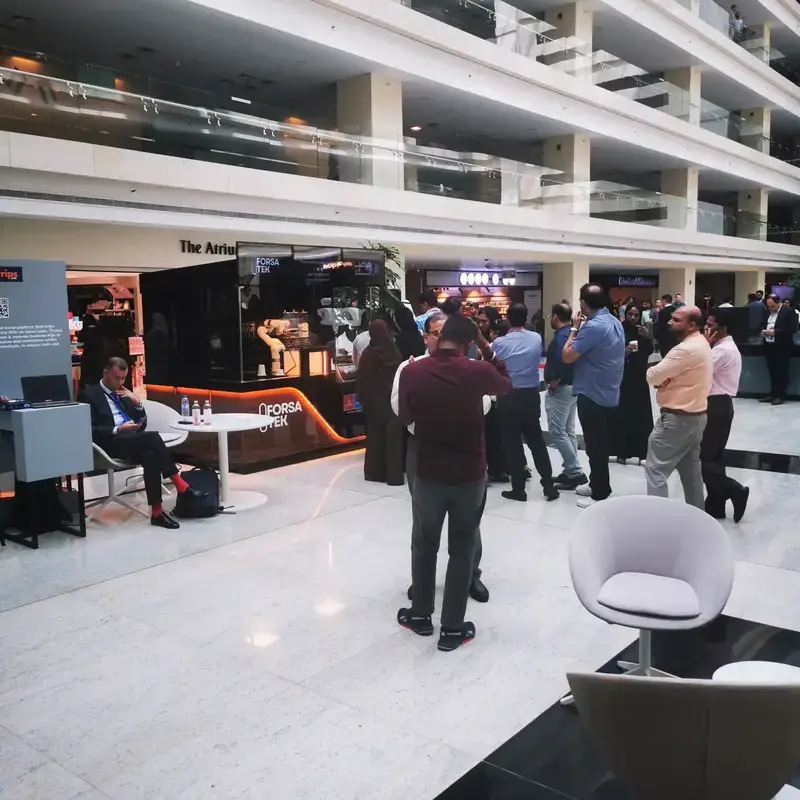
Navigating Import Certification for the Best Ice Cream Robot: A Comprehensive How-To Guide
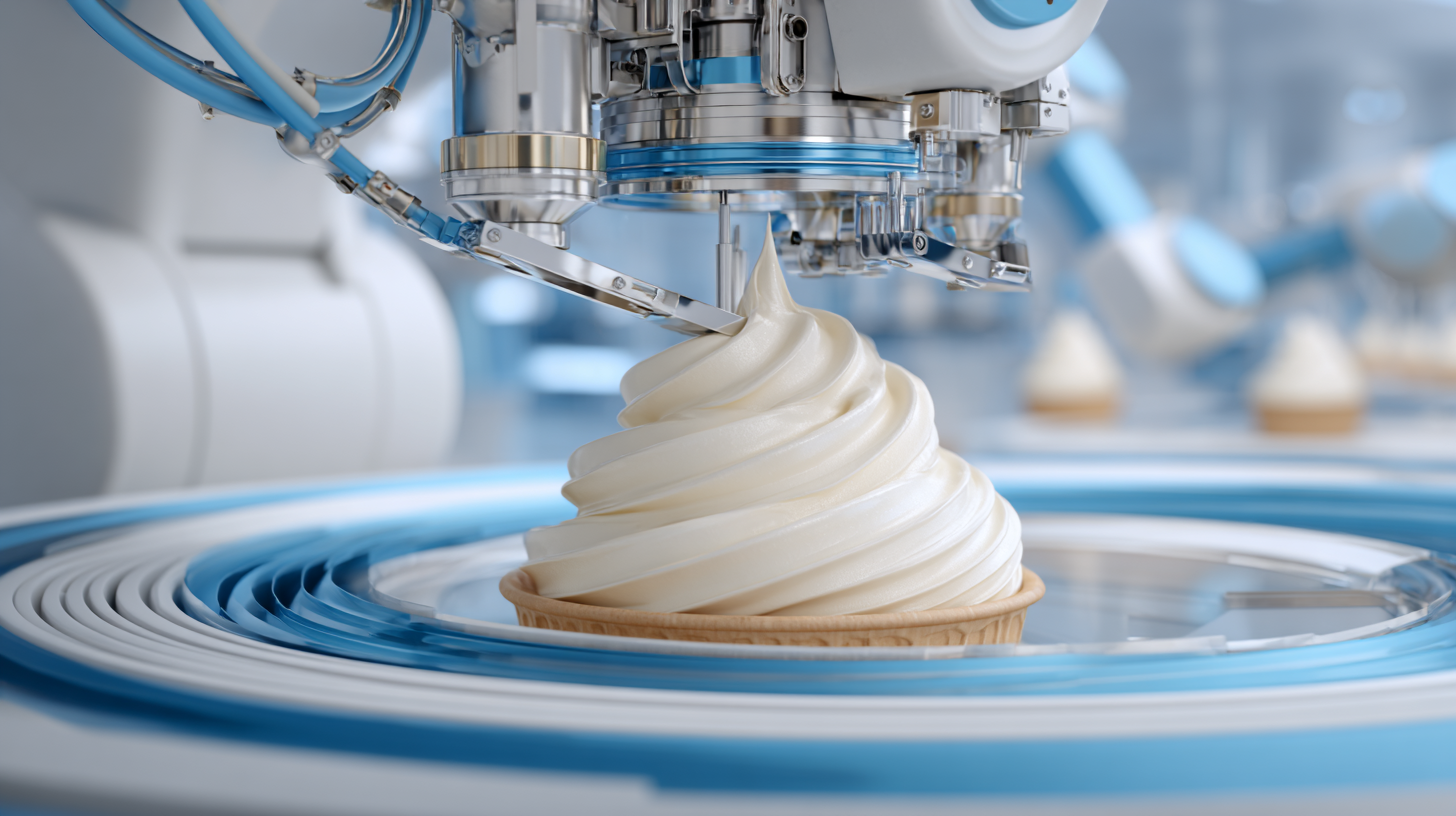 The demand for automated solutions in the food industry has surged in recent years, with the global market for ice cream production projected to reach $92.1 billion by 2025. Among these advancements, the Ice Cream Robot stands out as a game-changer, offering unparalleled efficiency and quality in ice cream production. However, navigating import certification for these cutting-edge machines can be daunting for many businesses. According to a report by Grand View Research, the adoption of robotics in food preparation is expected to grow by 20% annually, emphasizing the need for manufacturers to not only focus on innovation but also on compliance with stringent import regulations. In this comprehensive guide, we will explore essential aspects of selecting high-quality manufacturers of Ice Cream Robots, ensuring that your investment leads to success in the competitive ice cream market.
The demand for automated solutions in the food industry has surged in recent years, with the global market for ice cream production projected to reach $92.1 billion by 2025. Among these advancements, the Ice Cream Robot stands out as a game-changer, offering unparalleled efficiency and quality in ice cream production. However, navigating import certification for these cutting-edge machines can be daunting for many businesses. According to a report by Grand View Research, the adoption of robotics in food preparation is expected to grow by 20% annually, emphasizing the need for manufacturers to not only focus on innovation but also on compliance with stringent import regulations. In this comprehensive guide, we will explore essential aspects of selecting high-quality manufacturers of Ice Cream Robots, ensuring that your investment leads to success in the competitive ice cream market.
Identifying Key Features of a Successful Ice Cream Robot Supplier
When searching for a reliable ice cream robot supplier, it is essential to identify key features that ensure quality and efficiency. According to a recent industry report by IBISWorld, the ice cream and frozen dessert market is expected to reach $11 billion by 2025, highlighting the growing demand for innovative products. A successful supplier should offer advanced technology in their robots, such as real-time monitoring and automatic flavor mixing capabilities. These features not only enhance production efficiency but also allow for a wide variety of customizations to meet consumer preferences.
Moreover, reliability is paramount. A supplier with a proven track record should provide data on their machine uptime and maintenance requirements. The International Dairy Foods Association reports that equipment failure can lead to significant losses, averaging 5-7% of revenue in the frozen dessert sector. Suppliers who offer robust support and comprehensive training programs can significantly minimize operational risks for businesses investing in ice cream robots. By carefully evaluating these attributes, businesses can ensure they partner with a supplier that aligns with their quality standards and contemporary market demands.
Evaluating Supplier Credentials and Certifications for Import Compliance
When it comes to importing ice cream robots, ensuring supplier credentials and certifications is paramount for compliance with industry standards. According to a recent report by the International Ice Cream Association, 72% of importers have faced compliance issues due to inadequate supplier documentation. This statistic emphasizes the critical need to thoroughly evaluate the credentials of suppliers before proceeding with imports. Certifications such as ISO 9001 for quality management systems and CE marking for safety standards are essential indicators of a supplier’s reliability.
Moreover, the importance of regulatory compliance extends beyond initial purchase. A study by the Food and Beverage Importers Organization highlighted that 58% of non-compliant imports faced significant delays in customs clearance, leading to increased costs and potential revenue loss. Therefore, ensuring that suppliers possess the necessary certifications not only streamlines the import process but also mitigates future regulatory risks. By implementing a robust vetting process, importers can safeguard their operations and enhance their market competitiveness in an industry that is constantly evolving.
Navigating Import Certification for Ice Cream Robots: Supplier Credentials and Certifications
Assessing Quality and Performance Standards in Ice Cream Machine Manufacturing
When it comes to selecting the best ice cream robot, assessing quality and performance standards in ice cream machine manufacturing is crucial. Manufacturers need to adhere to strict industry standards, ensuring that their machines are not only efficient but also safe for food production. This includes adhering to the guidelines set by organizations such as the FDA and NSF, which set standards for hygiene, safety, and operational reliability. A thorough understanding of these regulations can help potential buyers navigate import certification requirements, ensuring that the machines they purchase are compliant and of high quality.

Evaluating performance standards goes beyond regulatory compliance; it encompasses various aspects of the machine's functionality. Factors such as temperature consistency, energy efficiency, and ease of use significantly impact the overall quality of the ice cream produced. Buyers should look for machines that feature advanced technology, which offers improved mixing capabilities and automated controls. By focusing on these critical performance attributes, one can discern which ice cream robots truly stand out from the rest, ultimately leading to a more satisfying product and enhanced customer experience.
Tips for Communicating Effectively with Potential Suppliers
When entering the competitive world of ice cream robots, effective communication with potential suppliers is crucial for success. Start by crafting a clear and concise message that outlines your needs and expectations. Use straightforward language that avoids technical jargon unless you are sure the supplier understands it. This clarity not only helps in conveying your requirements but also sets the tone for a professional relationship. By being specific about the features and certifications you require, you enhance the likelihood of receiving accurate information and proposals.
Additionally, fostering a collaborative atmosphere can lead to better outcomes. Ask open-ended questions that encourage suppliers to share their insights and suggestions. This approach not only shows that you value their expertise but also aids in uncovering any hidden costs or features that might not be immediately apparent. Ultimately, an open line of communication allows for adjustments to be made early in the process, ensuring both parties are aligned and paving the way for a successful partnership in sourcing the best ice cream robot for your needs.
Navigating Import Certification for the Best Ice Cream Robot: A Comprehensive How-To Guide - Tips for Communicating Effectively with Potential Suppliers
| Supplier Name | Country of Origin | Certification Required | Contact Method | Response Time | Notes |
|---|---|---|---|---|---|
| Supplier A | USA | FDA Approval | 24-48 hours | Quick response; good communication | |
| Supplier B | Italy | CE Marking | Phone | 48 hours | Responsive, detailed answers |
| Supplier C | China | CCC Certification | 1 week | Can be slow but thorough | |
| Supplier D | Germany | T UV Certification | 48 hours | Excellent support, very professional | |
| Supplier E | Japan | JIS Certification | Phone | 72 hours | Very thorough; may need language assistance |
Understanding Import Regulations and Certification Processes for Ice Cream Robots
When it comes to importing ice cream robots, understanding import regulations and certification processes is crucial. Both the FDA and USDA play significant roles in ensuring that robotic food processing systems meet safety and sanitation standards. Compliance with these regulations is essential for manufacturers looking to integrate automated systems into their production lines. Manufacturers must prepare for rigorous inspections and potential adjustments to their processes to align with stringent sanitation requirements.
Tips: To streamline the certification process, it's advisable for manufacturers to engage with regulatory bodies early in the planning stage. Familiarize yourself with the specific documentation required for importation and ensure your equipment meets health and safety standards to avoid delays. Additionally, consider consulting with an expert in food safety regulations who can provide invaluable insights into common pitfalls and best practices for compliance.
Effective communication between manufacturers and suppliers is vital to navigate the intricate landscape of import regulations. Establishing clear lines of communication can help identify any potential issues before they arise. Regular check-ins and updates can ensure that all parties are aligned and make the import process smoother and more efficient, ultimately facilitating timely access to state-of-the-art ice cream robots for your operations.
